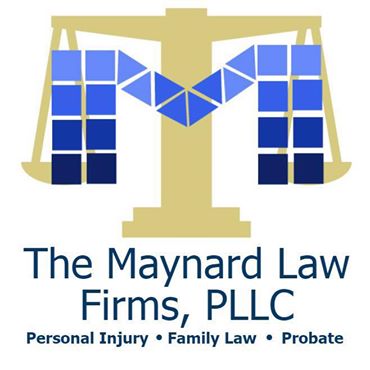Parental Rights
What does Parental Rights mean?
Under family law, parental rights refer to a parent's rights to take actions and make decisions for their child. Biological parents, adoptive parents, foster parents and legal guardians may all have parental rights. Specifically, parental rights include the right of the parent to assume legal and physical custody of the child or children, to make decisions for medical treatment for the child (including medical, dental, and psychological decisions), to enter into a contractual agreement for a minor child, to give property to the child through inheritance, to receive information from the other parent concerning the health, education, and welfare of the child, to consult school officials about the child's welfare and educational status, and to control who may have contact and visitation with the child.
The Federal Adoption and Safe Families Act of 1997 (ASFA) updated provisions when a parent's parental rights could be terminated. States also have their own laws for terminating parental rights. A parent's rights can be terminated through a contested proceeding proving that the parent is unfit due to abandonment, neglect or abuse or through a voluntary relinquishment. Talk to a family attorney if you have questions about voluntary relinquishment or if you are attempting to stop an involuntary termination of your parental rights.
Related Pages
Lawyers near
Term of the Day
Past Relevant Work
Past relevant work is one of many factors evaluated by the Social Security Administration to determine if a disability applicant qualifies for Social Security Disability Insurance (SSDI) or Supplemental Security Income (SSI).Category: Disability







